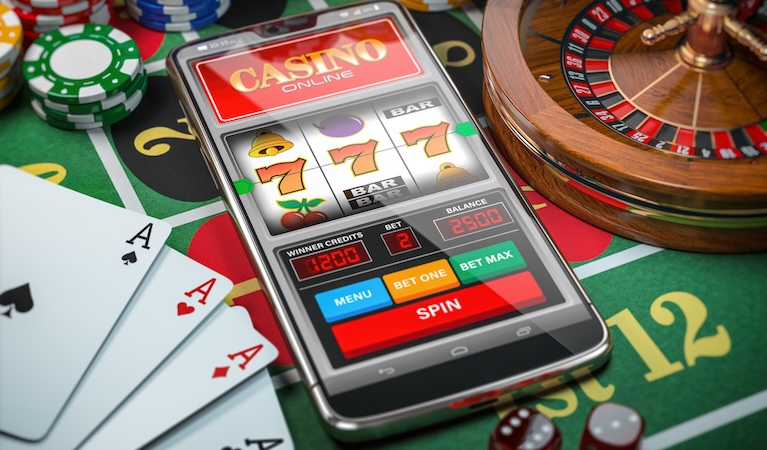We’ll never ask you to pay us a fee before disbursing your loan. If affected, please contact us & learn more here.
Late repayment can cause you serious money problems. For independent help, please go to www.moneyhelper.org.uk

Feb 02, 2022
Do you gamble?
We’re not talking about the odd lottery ticket or flutter on the Grand National. But the kind of gambling that has become an addiction and can lead you into serious financial trouble.
Gambling hit the headlines recently with the story of Lisa Walker. In her 20’s she won over £127,000 playing poker. But, in hindsight, she described it as the worst night of her life because it led her into a struggle with compulsive gambling for over a decade. Not only did she end up losing all her winnings through further gambling, but also her home.
According to the charity Gamble Aware, gambling can be a particular issue for women, with around a million women in the UK at risk of harmful gambling.
In this article we take a brief look at how to recognise if you are addicted to gambling, and where to find help.
The Gambling Commission uses various tools to identify if someone has addiction to gambling. One of these is the Problem Gambling Severity Index (PGSI). It consists of nine questions to which you choose one of four answers that most accurately describes your gambling behaviour over the last 12 months.
The four answers – and scores for each – are:
The nine questions are:
Your total PGSI score will be between 0 to 27. If you score 8 or above, you are likely to be a problem gambler. If your score is between 3 and 7 you are at moderate risk from gambling.
There are other indexes, tools and questions that could be used to make a more thorough diagnosis. But if you have one of the above scores, it is worth taking an honest look at your situation and considering looking for help with gambling.
If you do recognise that you need help to break your gambling addiction, where can you get help from?
The NHS website has a list of organisations that can offer help and support. These include:
They also offer some suggested tips to help you as you work to overcome your gambling addiction:
We hope that the above information helps you to recognise whether you have a gambling problem, and advises where to go for help if you need to.
If your finances have been severely affected by gambling, remember that a Loans2Go emergency loan may be able to help.
For more lifestyle and financial tips check back here with us soon at Loans 2 Go.